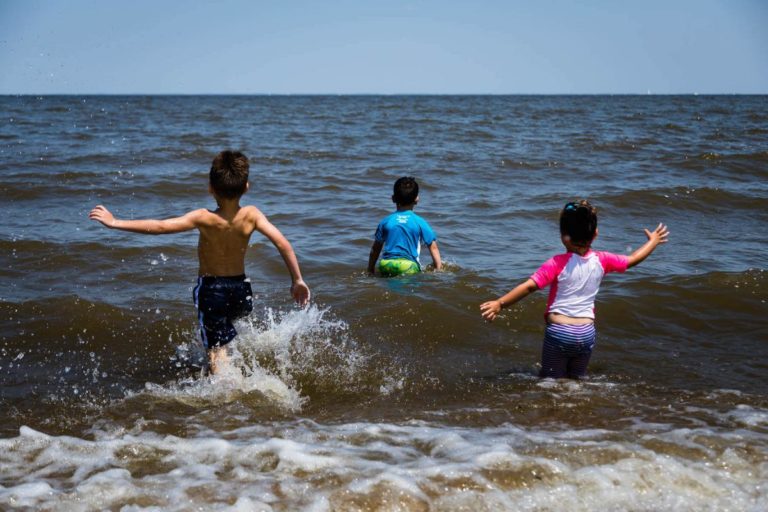
Along with summer swimming comes ShoreRivers Bacteria Monitoring season. It is advised that people not swim 24-48 hours after a major rain.

Nonpartisan and Education-based News for Chestertown

Along with summer swimming comes ShoreRivers Bacteria Monitoring season. It is advised that people not swim 24-48 hours after a major rain.
The Spy Newspapers may periodically employ the assistance of artificial intelligence (AI) to enhance the clarity and accuracy of our content.
Fred Siegel says
Unfortunately too many wastewater treatment plants were not built to handle the capacity today’s population needs. Sewage overflow events occur way more often than in the past allowing semi treated and untreated sewage to be poured into local creeks, rivers and other waterways after precipitation events. Thanks for doing your due diligence in making the public aware of the danger to them.
Wilson Wyatt says
The information is very interesting. To be more helpful, could you answer the following questions to help us, as readers, evaluate the data for our personal use? What is the specific kind of bacteria for each number? Who collects the data? What is its potential effect on humans? Thank you.
Chester Riverkeeper says
ShoreRivers follows EPA’s standard protocols for collecting and analyzing samples for enterococci, a type of bacteria commonly found in human and animal waste. Enterococci can enter our rivers when rain washes it in from failing septic systems, animal fertilizer off farm fields, livestock waste, sewer spills or overflows, pet waste, or wildlife. Enterococci is a broad spectrum of bacteria , some can be indicators of Ecoli and bacteria that can make humans sick when they consume river water. We test at access sites near shore as the most likely risks will occur with small children and pets splashing water.
The protocol uses a pass/fail system to determine if enterococci levels are safe or unsafe for swimming. For a single sample taken at one location, 104 MPN*/100 ml* is the threshold used to determine if the concentration meet acceptable swimming levels. Maryland regulations identify this threshold to determine safety at designated swimming beaches throughout the state (Code of Maryland Regulations 26.08.09.01). At a site where three or more samples are collected at once, a geometric mean is calculated and 35 MPN*/100 ml is used as the threshold for safe swimming.
Note that while enterococci is an EPA recommended indicator for human health, there are additional risks with open water swimming that we do not regularly monitor, including vibrio, toxic algal blooms, and other biological and chemical toxins. Bacteria levels can also change, particularly as a result of significant rain events. Ultimately, each individual is responsible for making the decision to swim in our rivers. For more information regarding lowering the risk associated with open water swimming, please review our tips for safe swimming on the previous page.
*MPN = Most Probable Number of enterococci colonies.
Hope this helps!
Max Ruehrmund says
Any particular reason that the Spring Cove level is so high?
Earl Runde says
Mr Ruehrmund’s question had gone unanswered by Shore Rivers for two months now. Why is that?
Lex Fry says
What is going on at some of these failing sites over 1000!